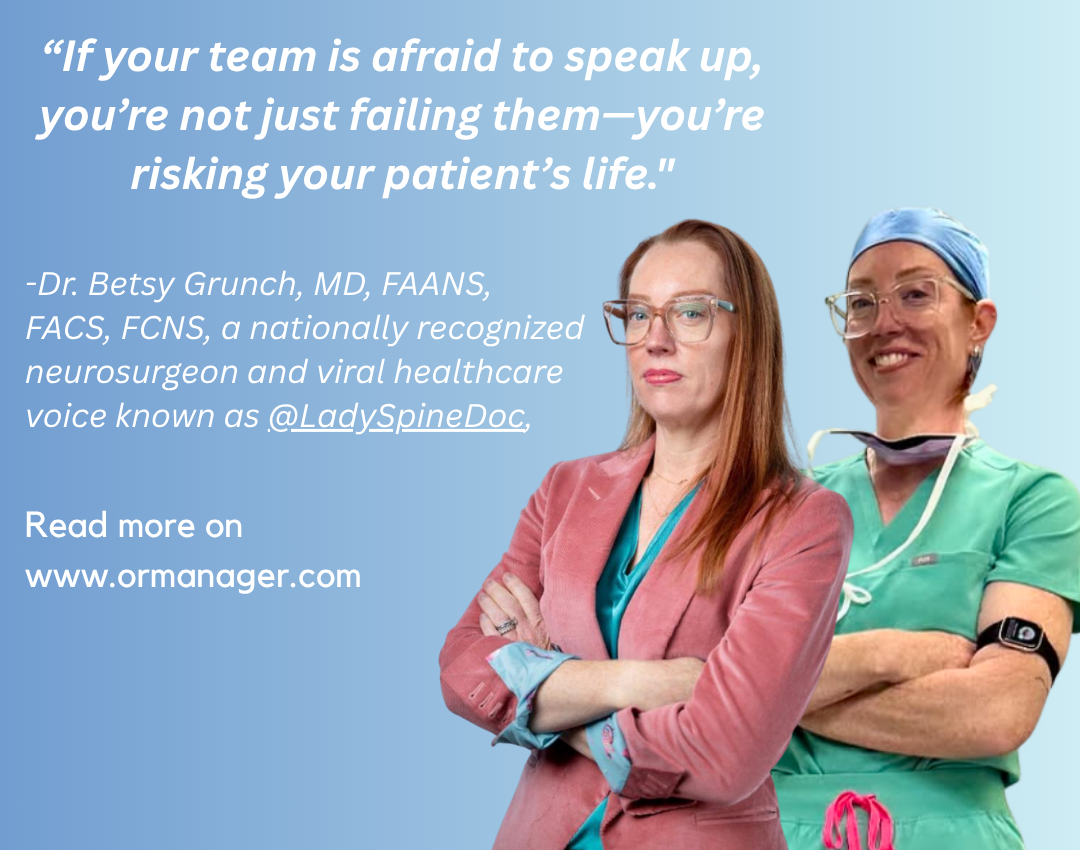
Editor's Note Recent recalls of the Ballard Closed Suction Systems from Avanos Medical Inc., Infant Heated Wire Circuits from AirLife/Vyaire, and Broselow Pediatric Emergency Rainbow Tape from AirLife have been designated as Class 1, the US Food and Drug Administration’s (FDA’s) most severe category indicating risk of serious injury or…

Editor's Note Providing tailored feedback to surgical prescribers significantly increased adherence to opioid prescribing guidelines without affecting patients’ ability to manage postoperative pain, according to research published June 11 in JAMA Surgery. The study tested whether monthly reports that included peer prescribing comparisons and patient-reported outcomes could influence opioid prescribing…

Editor's Note Using 3D-printed anatomical models during preoperative consultations significantly improved shared decision-making (SDM) and modestly reduced anxiety in colorectal surgery patients, according to a June 3 study published in JAMA Network Open. The single-center, cluster randomized clinical trial enrolled 51 adult patients scheduled for colon or rectal resection due…

Editor's Note Logistical staff layoffs at the US Food and Drug Administration (FDA) are hindering the agency’s ability to scrutinize drug manufacturing safety in foreign countries, according to a July 7 report in ProPublica. A spokesperson from the US Department of Health and Human Services (HHS) told ProPublica that FDA…

When Betsy Grunch, MD, FAANS, FACS, FCNS, board-certified neurosurgeon known on TikTok and Instagram as @Ladyspinedoc, watched a viral video of a surgeon berating an OR nurse during a livestreamed procedure, she was incredibly bothered by the shameful display. She took to her popular platform and spoke out against that…

Editor's Note Recent early alerts from the US Food and Drug Administration (FDA), issued when the agency becomes aware of potentially high-risk issues, involve Abiomed’s Automated Impella Controller (AIC) and infusion pump software from Baxter. The AIC system, which is the user control interface for the Impella catheter blood pump,…

Editor's Note Pain is common among surgeons, but new research in the American Journal of Surgery reveals the extent of the impact on the rest of the surgical team. Published July 6, the research involved surveying surgical teams and collecting self-reported data on musculoskeletal pain, comparing this data to self-reported…

Editor's Note Black and Hispanic patients remain significantly less likely than White patients to receive buprenorphine after an opioid-related health care event, according research published June 26 in JAMA Network Open. Patients with Medicaid or Medicare Advantage also had higher odds of receiving buprenorphine than those with commercial insurance. The…

Editor's Note With healthcare leaders stretched thin by staffing shortages, financial pressures, and the constant need to adapt, the 2025 OR Manager Conference agenda couldn't be more timely—or more practical. We asked our Program Committee members to share the sessions they're prioritizing this year. Their picks promise real solutions and…

Editor's Note Microsoft’s MAI Diagnostic Orchestrator (MAI-DxO)artificial intelligence (AI) system outperformed physicians on diagnostic accuracy, achieving an 80% score compared to only 20% for a panel of human doctors. Wired reported the news June 30, quoting an official calling the system “a genuine step toward medical superintelligence” and noting that…